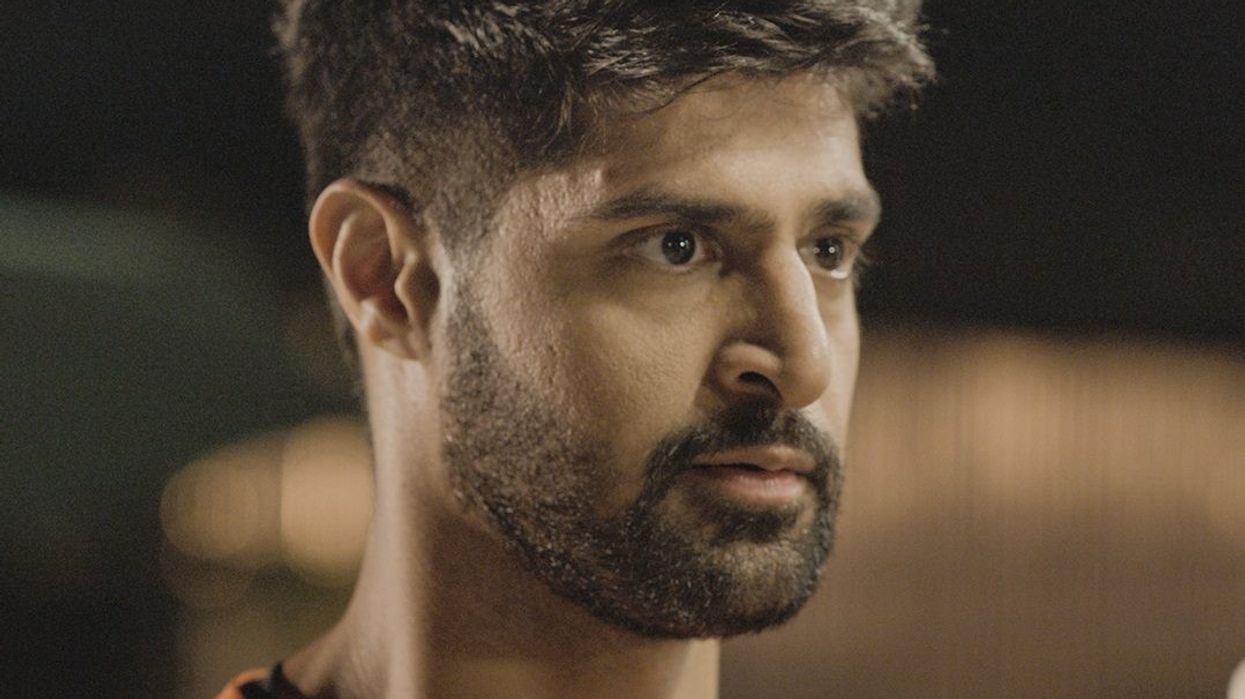After two successful and critically acclaimed seasons, the third season of ZEE5 popular thriller series Abhay is set to release on the 8th of April, this time with a darker and bolder narrative.
Directed by Ken Ghosh and produced by Zee Studios, the Abhay franchise has created its niche in the thriller genre. While Abhay season 3 will see the return of Kunal Kemmu as the determined cop, along with Asha Negi and Nidhi Singh, this season will also see Tanuj Virwani, Divya Aggarwal, and other actors playing key roles.
For Tanuj Virwani, who calls himself a massive fan of the show’s first two seasons, starring in Abhay was like ticking all the right boxes. Previously seen in ZEE5's Original shows like Poison and Code M, the actor said, “Abhay is one of the biggest franchises, and it is gratifying to be part of such a sort-after franchise on ZEE5. Expectations will always be higher because the first two seasons were extremely successful and loved by fans.”
Talking about his character and the preparation that went into acing the role, actor Tanuj Virwani said, “My character, on the surface, is a young, sappy, city boy, but he also has another personality which is darker and nefarious. Portraying the darker side was intense, mentally, and emotionally draining as this is my first time playing a cold and ruthless role.”
Kunal Kemmu had made his digital debut with the show’s first season. Battling his inner demons, Abhay (played by Kemmu) gets involved in a case about two missing kids in the first season.
Season 2 turned much darker and had Abhay coming face-to-face with a ruthless and intelligent criminal mastermind (Ram Kapoor).
This season is unlike any other as Abhay faces a new breed of evil, a dark force capable of manipulating anyone in the name of a twisted ideological belief. Will Abhay win this battle with death? Wait to find out!




